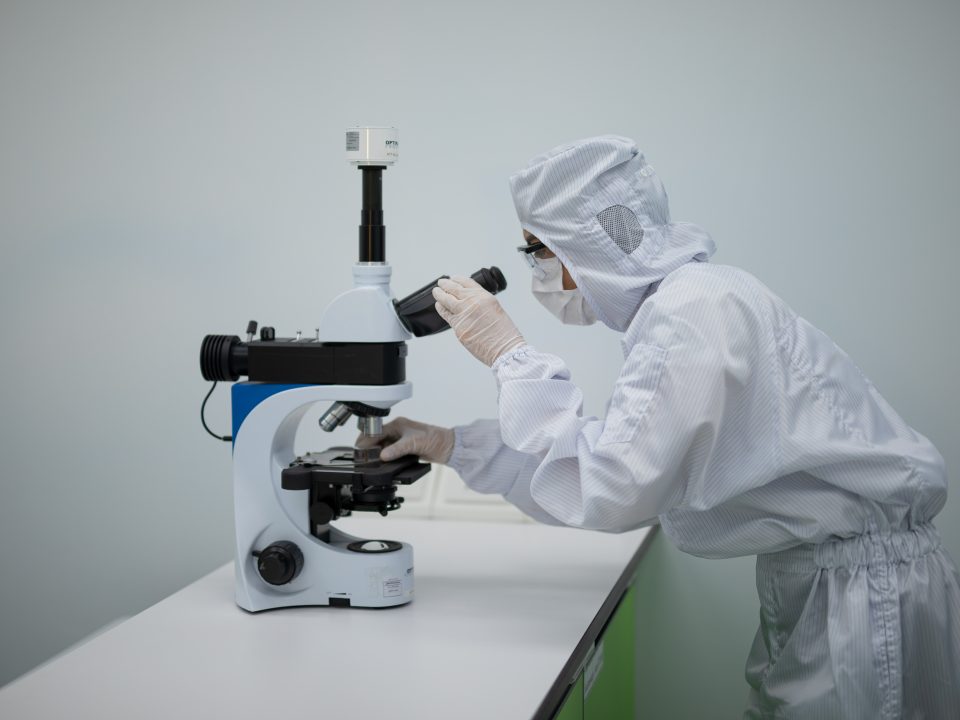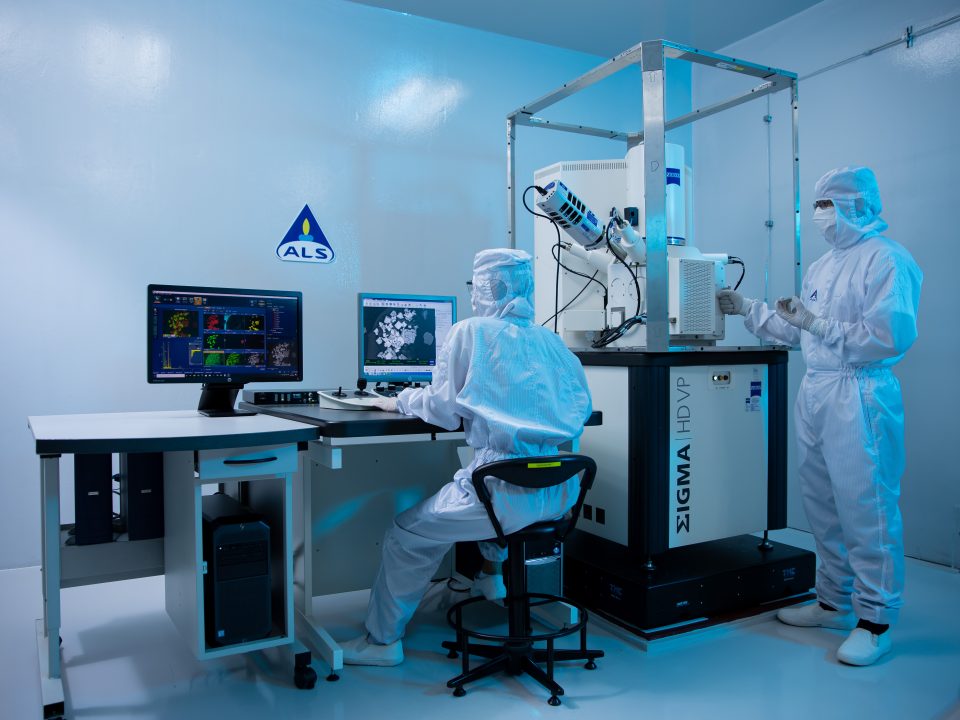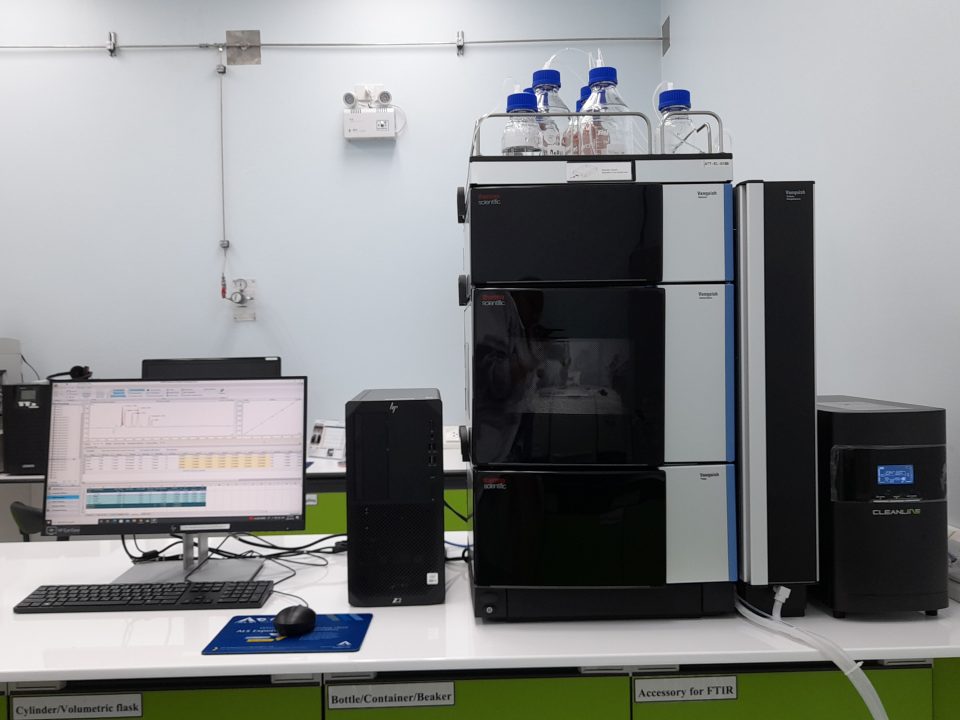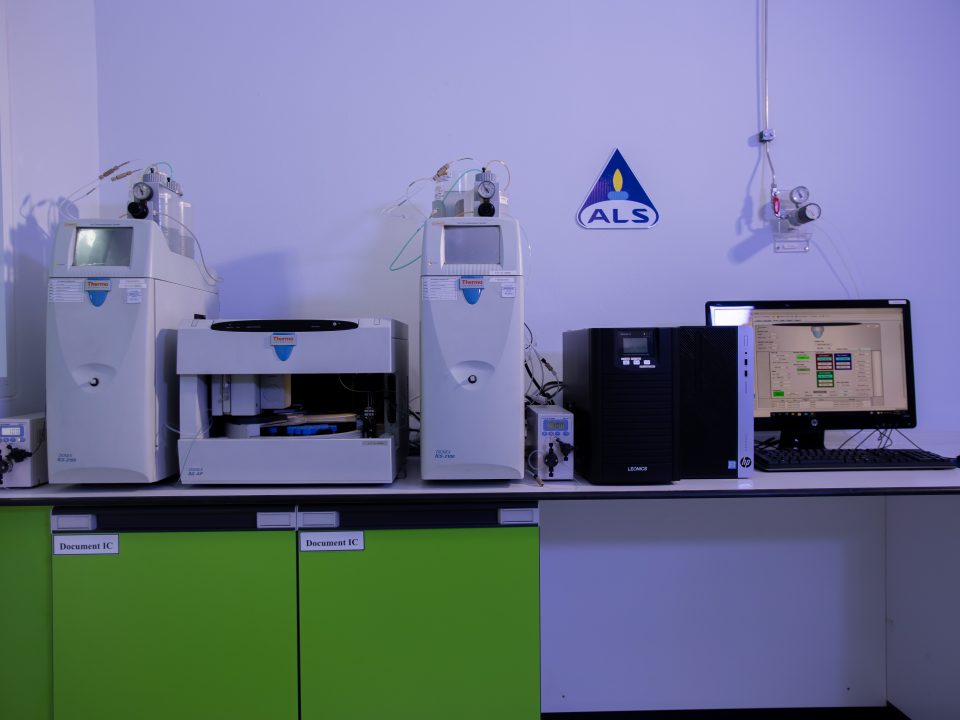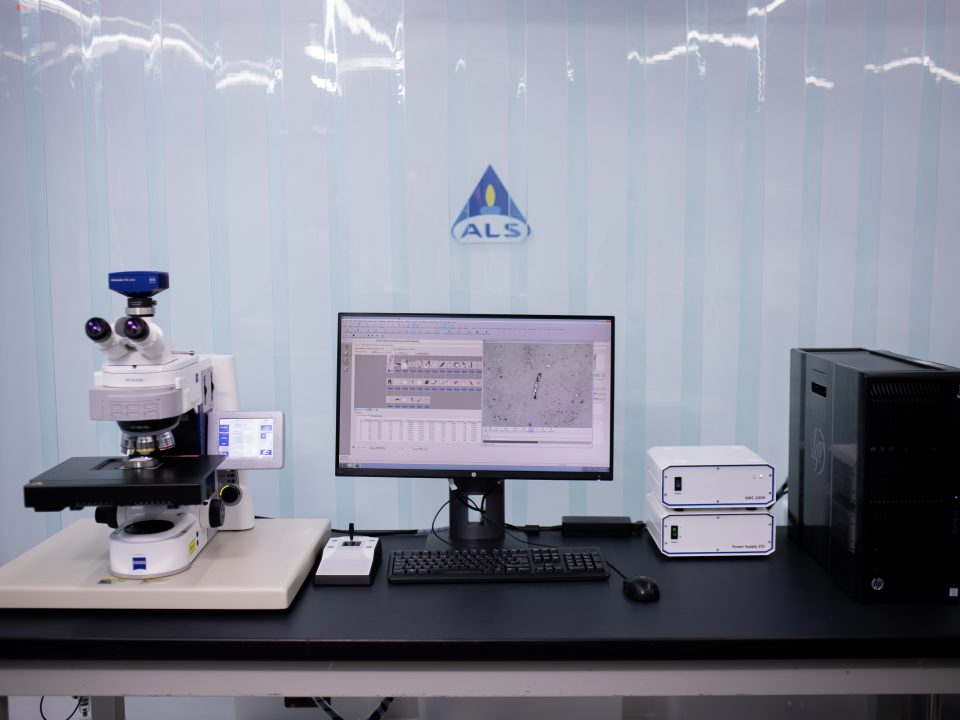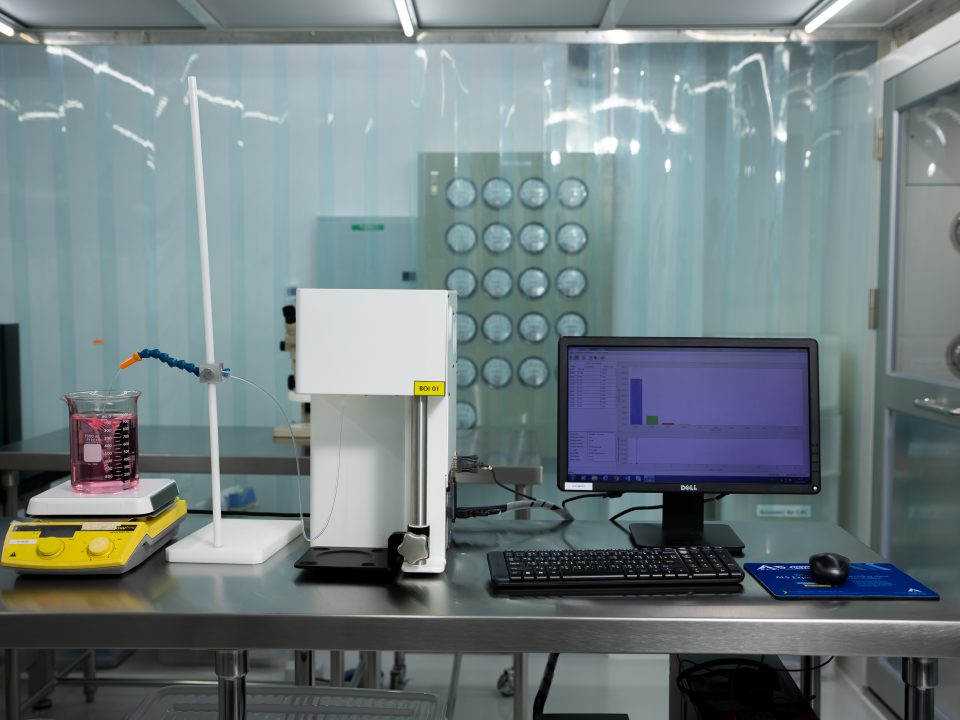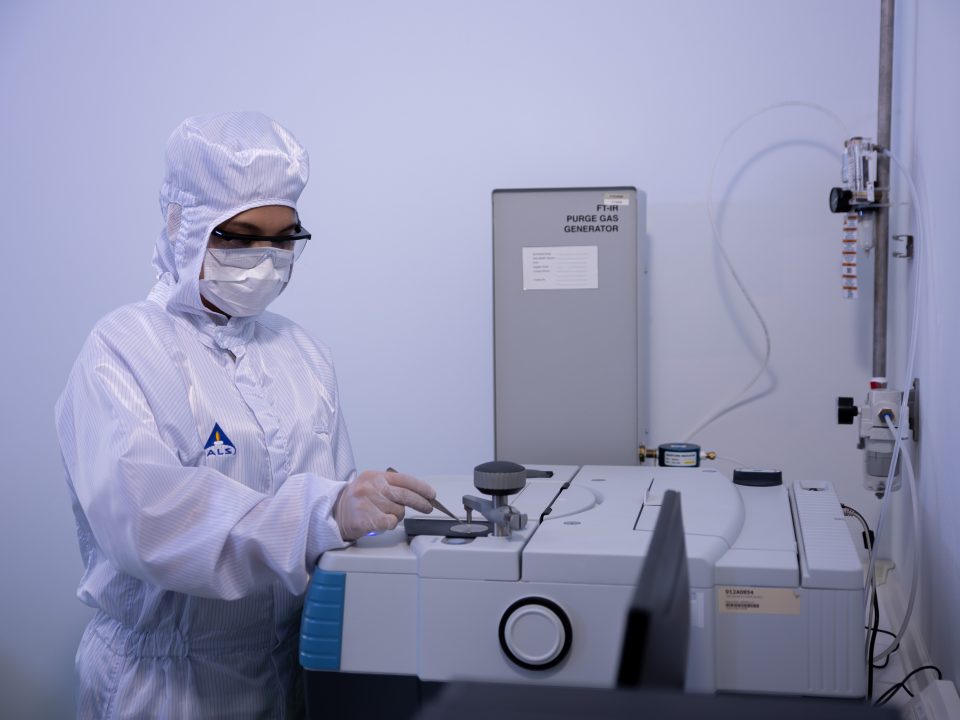innovatecreation
- Filter by
- Categories
- Tags
- Authors
- Show all
August 28, 2023
Published by innovatecreation at August 28, 2023
Categories
The semi or automatic microsection technique is a process and not a test method. Micro-sectioning needs to be viewed as a process with quality criteria as each major step is completed. This procedure specifies the quality criteria that must be met to make microsections that can consistently find the defects (or anomalies) of concern. The specimen is evaluated for quality of the laminate system, plated-through holes (PTHs), the copper foils, plating or coatings, and examination of other areas on the product
Read moreAugust 28, 2023
Published by innovatecreation at August 28, 2023
Categories
Based on proprietary ZDot™ technology, the Zeta-20 benchtop optical profiler is a non-contact, 3D surfaces topography measurement system. It images and analyzes smooth to rough texture, low reflectivity to high reflectivity, transparent to opaque. The Zeta-20 supports both R&D and production environments by providing comprehensive step height, roughness, and film thickness measurements, and defect inspection capability.
Read moreAugust 28, 2023
Published by innovatecreation at August 28, 2023
Categories
Our SEM-EDX instruments are a powerful problem-solving tool with a variety of possible applications. Some of the common applications include:
Determination of elemental composition of material or particles down to sub-micron level
Distribution of elemental composition of a material across a microscopic surface, and determination of corrosion or oxidation.
Measuring plating thickness
Inter-diffusion layers between metals
Explosive particles analysis
Abrasive particles analysis
Read moreAugust 28, 2023
Published by innovatecreation at August 28, 2023
Categories
HPLC is used for the analysis of non-volatile or thermally stable compounds. It is s a technique for either quantitative or qualitative analysis.
HPLC can be used for applications for example water purification, drug or pharmaceutical analysis, or failure analysis.
At ALS Pathumthani we majority apply HPLC for analysis of organic emissions of non-metallic materials for Automotive per VDA 278.
We apply our HPLC for trace of Formaldehyde, Acetaldehyde, Acetone, Acrolein, Propanal, Crotonaldehyde, Methyl ethyl ketone, Butanal, Benzaldehyde and Pentanal.
Besides applications as above, we are ready to adapt our sample preparation technique to analysis for Indoor air quality as required by ISO 16000-40:2019
Read moreAugust 28, 2023
Published by innovatecreation at August 28, 2023
Categories
Ion residue on metal surface can cause reliability issues, as a corrosion or short circuit. ALS Pathumthani provides services on most of
ION contaminant for PCB/ PCBA, HDD and indoor air quality by ionic air sampling.
Our IC instrument is dedicated to the analysis of trace amounts (ppb) of anions such as Bromide, Chloride, Fluoride, Nitrate, Nitrite,
Phosphate and Sulfate or cations such as Ammonium, Calcium, Lithium, Magnesium, Potassium and Sodium.
And as require by IPC (ipc.org), Weak Organic Acids (WOA) are also required for ensuring PCB/ PCBA product reliability.
Per IPC TM650 2.3.28, the concerned WOA are Acetate, Adipate, Formate, Glutamate, Malate, Methane Sulfonate, Succinate and Phthalate.
Read moreAugust 28, 2023
Published by innovatecreation at August 28, 2023
Categories
August 28, 2023
Published by innovatecreation at August 28, 2023
Categories
August 28, 2023
Published by innovatecreation at August 28, 2023
Categories


